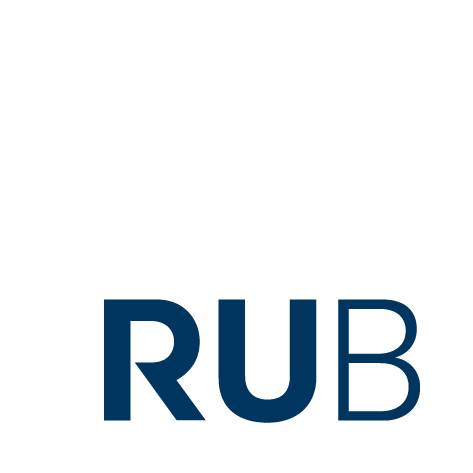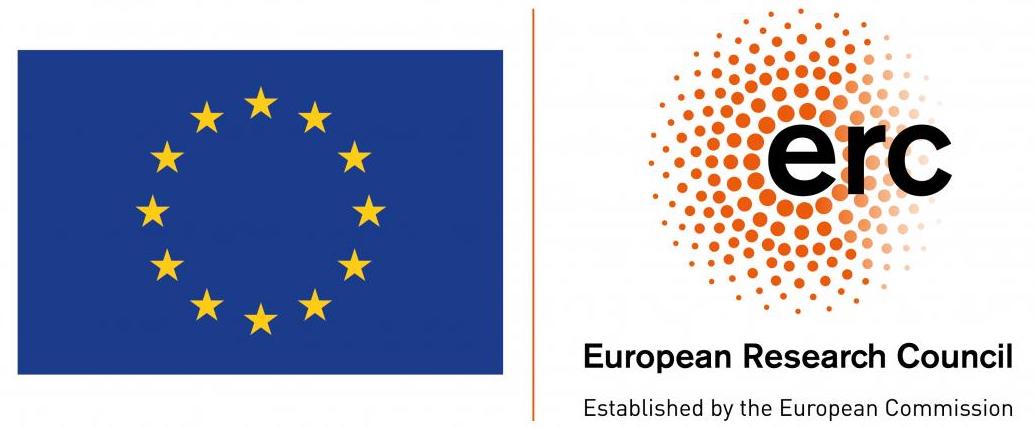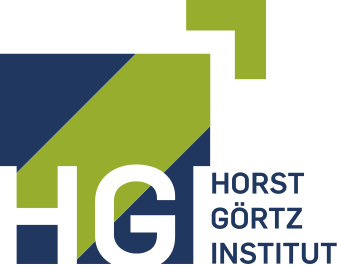Seminar Mathematics and Computation: Tensor Ranks and Tensor Invariants (Summer 2024)
| Type: | Seminar |
|---|---|
| Programs: | MSc CS, Math |
| Organizers: | Vladimir Lysikov, Maxim van den Berg, Jeroen Zuiddam (Amsterdam), Michael Walter |
| Time and Place: |
Thu 14:15-15:45 (GB 02/60 and Zoom) |
| First meeting: | April 11, 2024 |
| Credits: | 3 CP |
| Contact time: | 2 SWS |
| Language: | English |
| Course number: | 211136 |
| Links: | Google calendar |
This is a seminar series whose theme changes every term. It should be of particular interest to Master’s students of computer science and mathematics. We particularly recommend it as preparation for a thesis project.
This term, the topic will be Tensor Ranks and Tensor Invariants.
Themes of past semesters:
- Summer 2023: Algebra, Algorithms, Complexity
How can I join?
Please contact Vladimir Lysikov if you are interested.
Description
Tensors are mathematical objects with applications in many areas, including quantum information and the theory of computation. Tensors with two factors are described by matrices, and their properties and relations can be fully described using determinants and matrix ranks. The situation is much more complicated for tensors with 3 or more factors. Many different notions of “tensor rank” were proposed, but even taken together, they do not fully describe relations between tensors. The goal of the seminar is to introduce various notions of tensor rank, important constructions used in the study of tensors, and discuss some theoretical applications.
This is a hybrid seminar that will also feature guest speakers from other institutions, including QuSoft and the KdVI at the University of Amsterdam. We warmly invite participants from other institutions to sign up as well.
Topics will be distributed in the first meeting. Below an indication of the possible topics is given.
MSc students are most welcome to participate and can also take this seminar for credit. The seminar requires knowledge of basic representation theory and some familiarity with the language of classical algebraic geometry (affine and projective varieties, Zariski topology, ideal-variety correspondence) on the level of a first course. If you are interested in participating, please contact Vladimir Lysikov before March 1, 2024. We hope to be able to confirm your attendance by March 15, 2024.
Possible topics
- Introduction. Tensors and multilinear maps. Group actions on tensors, orbits and orbit closures. Restriction and degeneration of tensors. Direct sums and Kronecker products. Idea of tensor ranks as monotone functionals. Some common tensors.
- Review of representation theory of GL. Schur-Weyl and Peter-Weyl theorems. Construction of SL-invariants and highest-weight polynomials on tensors.
- Tensor rank and CP-decomposition of tensors. Basic properties. Simple lower bounds (substitution method). Examples of subadditivity and submultiplicativity. Asymptotic rank. Exponent of matrix multiplication, Strassen’s conjecture.
- Border rank. Basic properties. Border rank and asymptotic rank. Secant varieties. Lower bounds on border rank as equations of secant varieties. Strassen’s lower bound. Young flattenings.
- Matrices and matrix tuples. Commutative and noncommutative rank. Continuous and discrete matrix invariants. Quivers.
- Subrank, border subrank, asymptotic subrank. Monomial degenerations. Border subrank of matrix multiplication tensors. Geometric rank.
- Slice rank. Additivity of slice rank. Asymptotic slice rank. Oblique tensors and their asymptotic slice rank.
- Tight tensors and their asymptotic subrank.
- Geometric invariant theory. Measures of instability. Asymptotic slice rank as measure of instability. Stable rank.
- Orbits and orbit closures. Dimension, stabilizer, coordinate ring, monoid of highest weights.
- Moment polytopes. Quantum functionals. Quantum functionals and asymptotic slice rank. Asymptotic Spectrum.
- Apolarity, cactus rank. Barriers for lower bounds on border rank.
We have gathered the following references for specific topics from the list. Volunteer speakers can talk about any of these topics (or choose their own topic). Please email any of us if you would like to give a talk. We can also help with choosing a topic.
Topics marked with * are suitable for master students & starting PhD students (depending on preliminary knowledge).
| Topic | References |
|---|---|
| Hardness of tensor rank* | Paper |
| Classification of entanglement classes of multiple qubits and beyond* | For 2×2×2: an older paper or Gilad Gour’s book section 14.4. A paper about 2×2×n. A paper about 2×2×⋯×2 |
| Slice rank* | Terry Tao’s blogpost |
| Geometric rank* | Paper |
| G-stable rank* | Paper |
| Commutative and non-commutative rank | Paper and another paper |
| Asymptotic spectrum* | Survey paper, up to section 3 |
| Quantum functionals | Paper |
Schedule
| Date | Agenda | Speaker |
|---|---|---|
| April 11 | Introduction & motivation [slides] | Maxim van den Berg |
| April 18 | Irreducible representations, Schur—Weyl duality, highest weight vectors [slides] | Christian Ikenmeyer |
| April 25 | Tensor rank and substitution method [slides] | Vladimir Lysikov |
| May 2 | A universal sequence of tensors for the asymptotic rank conjecture [preprint] | Mateusz Michałek |
| May 9 | No seminar (holiday) | |
| May 16 | Border rank: equations and geometry [slides] | Fulvio Gesmundo |
| May 23 | No seminar (Pentecost) | |
| May 30 | No seminar (holiday) | |
| June 6 | The asympotic spectrum of tensors | Itai Leigh |
| June 13 | Stability and moment polytopes of tensors [slides] | Harold Nieuwboer |
| June 20 | Schönhage’s τ-theorem | Gabriel Sá Diogo |
| June 27 | Slice rank | Viktoriia Borovik |
| July 4 | Subrank | Jeroen Zuiddam |
| July 11 | Geometric rank [slides] | Pierpaola Santarsiero |
| July 18 | Commutative and non-commutative rank | Leonie Kayser |




